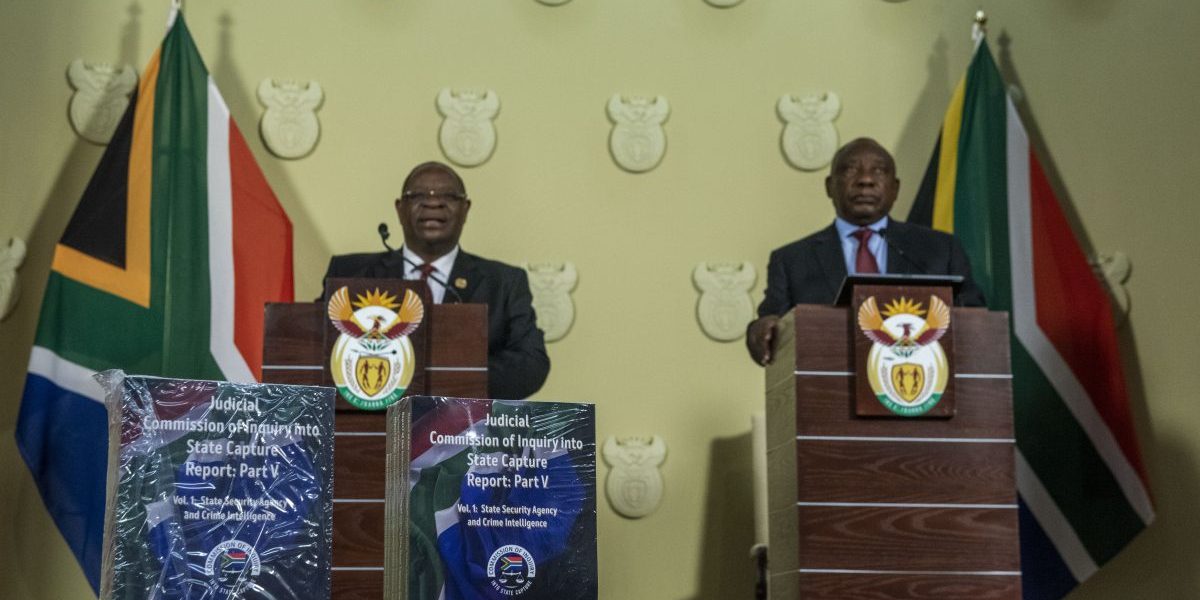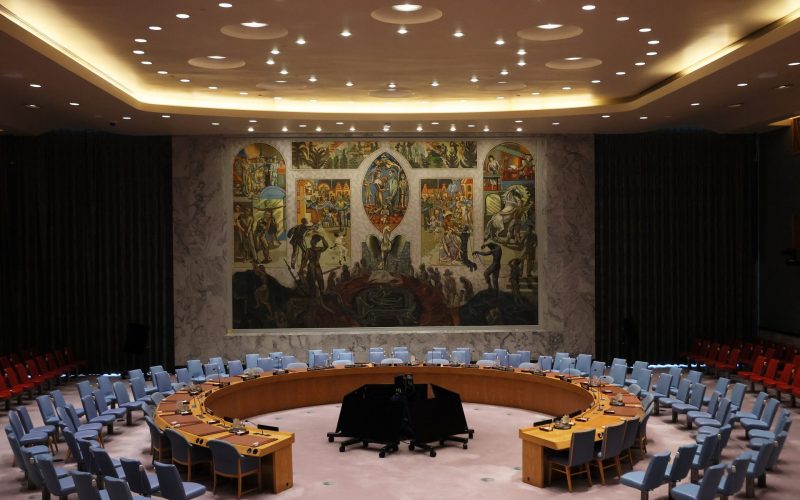Summary points:
- Since the dawn of South African democracy, state commissions have been a regular fixture in responding to public scandals and controversies. The State Capture Commission (SCC) was the largest and longest-running commission since the Truth and Reconciliation Commission had completed its investigation into apartheid-era violence and human rights abuses.
- As its name suggests, the SCC was established to investigate allegations of serious maladministration, malfeasance and corruption in South Africa’s public sector. Beyond mere acts of self-enrichment by the political elite, state capture entails a deliberate and sustained dismantling of democratic institutions.
- This report aims to provide a detailed account of the events that led to the establishment of the SCC and to unpack some of the key findings made in relation to certain state parastatals. In doing so, the report offers a contextual understanding of ‘state capture’ vis-à-vis contemporary international definitions of corruption.
- Uniquely, the report considers various other post-democratic South African commissions that predated and coincided with the SCC. This helps to frame a wider illustration of what transpired in South Africa leading up to and during the course of state capture. By drawing on Kenyan experiences through the Bosire Commission, the report seeks to demonstrate both the opportunities and the limitations that commissions have in advancing the fight against corruption.
- Apart from reaching a number of damning findings, the SCC also made a wide range of recommendations for the state to implement moving forward. In its final chapter, the report unpacks and explores these, suggesting feasible and pragmatic approaches in tackling the spectre of state capture.








